Medicare Part D is a federal program that provides prescription drug coverage to Medicare beneficiaries. Medicare Part D is an optional benefit that is available to individuals who are enrolled in Medicare Part A and/or Part B. Here’s what you need to know about Medicare Part D:
Enrollment: Medicare beneficiaries can enroll in Medicare Part D during their initial enrollment period, which is typically when they first become eligible for Medicare. They can also enroll during the annual open enrollment period, which runs from October 15th to December 7th each year.
Cost: There is a monthly premium for Medicare Part D, which varies depending on the plan you choose. There may also be deductibles, copayments, and coinsurance associated with the plan. However, low-income individuals may qualify for extra help to cover some or all of these costs.
Coverage: Medicare Part D covers a wide range of prescription drugs, including brand-name and generic drugs. However, not all drugs are covered under all plans. It’s important to review the plan’s formulary, or list of covered drugs, to ensure that the drugs you need are covered.
Donut hole: Medicare Part D includes a coverage gap, known as the donut hole, which occurs after you and your plan have spent a certain amount on covered drugs. During this time, you will be responsible for a larger portion of the cost of your medications. However, the donut hole has been gradually closing under recent healthcare reforms.
Extra help: Low-income individuals may qualify for extra help to cover the costs of Medicare Part D. This help is available to those who meet certain income and asset requirements, and can provide assistance with premiums, deductibles, copayments, and coinsurance.
In summary, Medicare Part D provides prescription drug coverage to Medicare beneficiaries, but there are costs and limitations to consider. It’s important to review the plan’s formulary and consider your individual needs when selecting a plan. Low-income individuals may qualify for extra help to cover the costs of the program. Working with a trusted healthcare provider or financial advisor can help you navigate the complexities of Medicare Part D and ensure that you have the coverage you need.
